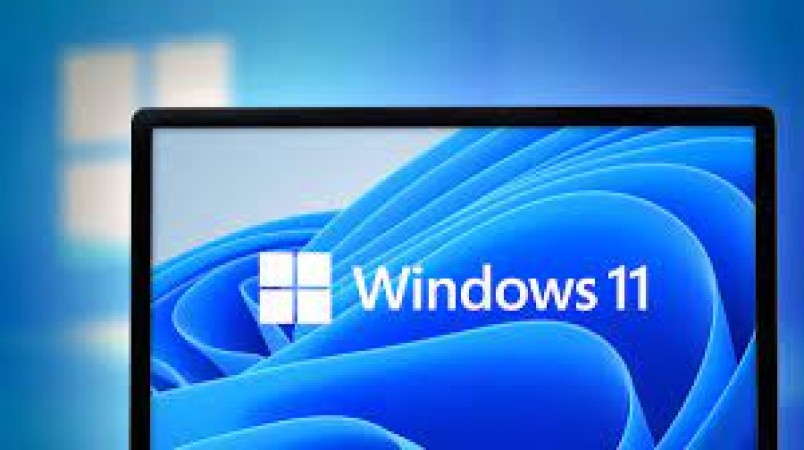
With the announcement that laptops equipped with Windows 10 will no longer receive support starting next year, users find themselves at a crossroads, wondering what the future holds for their trusted devices. Windows 10 has been a staple operating system for millions of users since its release in 2015, offering a familiar interface and a range of features. However, as technology evolves and Microsoft shifts its focus to newer platforms, the time has come for Windows 10 to step aside.
Implications for Users
The end of support for Windows 10 in laptops carries significant implications for users across the globe. One of the foremost concerns is security. Without regular updates and patches from Microsoft, Windows 10 laptops may become increasingly vulnerable to cyber threats such as malware, viruses, and hacking attempts. As cybercriminals exploit vulnerabilities in outdated systems, users risk exposing sensitive data and compromising their privacy.
Compatibility is another key consideration. As new software and hardware are developed, they may not be optimized to run on Windows 10. This could result in compatibility issues, making it difficult for users to access the latest applications and technologies. Furthermore, as third-party developers shift their focus to newer operating systems, users of Windows 10 laptops may find themselves left behind, unable to install or run the latest software updates and applications.
Performance and stability are also at risk. Over time, without the benefit of ongoing support and optimization, Windows 10 laptops may experience performance degradation and system instability. This could manifest in slower boot times, increased software crashes, and overall diminished user experience. Without access to critical updates and fixes, users may find themselves grappling with frustrating technical issues that hinder productivity and enjoyment.
Options for Users
In the face of these challenges, users of Windows 10 laptops have several options to consider as they chart their course forward.
One option is to upgrade to Windows 11, the latest operating system from Microsoft. Windows 11 offers a range of new features and enhancements, including a redesigned Start menu, improved multitasking capabilities, and enhanced security features such as hardware-based security and improved ransomware protection. By upgrading to Windows 11, users can ensure that their devices remain secure, compatible, and supported by Microsoft for years to come.
Alternatively, users may explore alternative operating systems such as Linux or macOS. Linux, in particular, offers a range of distributions tailored to different user needs, from lightweight options for older hardware to feature-rich distributions for power users. While transitioning to a new operating system may require some adjustment, it can provide users with greater flexibility, control, and security over their computing experience.
For users with older hardware that may not meet the system requirements for Windows 11 or other modern operating systems, investing in new hardware may be necessary. By purchasing a new laptop or desktop computer with the latest hardware and software, users can ensure that they have access to the latest features, performance improvements, and security enhancements. Additionally, modern devices often come with longer support lifecycles, ensuring that users can enjoy a seamless computing experience for years to come.
Regardless of the chosen path, it's crucial for users to take proactive steps to safeguard their data and ensure a smooth transition to a new operating system or device. This includes backing up important files and documents, migrating settings and preferences, and familiarizing themselves with the features and capabilities of their new operating system or device. By planning ahead and staying informed, users can navigate the transition away from Windows 10 with confidence and ease.
As support for Windows 10 in laptops draws to a close, users must confront the reality of an uncertain future. The end of support brings with it a host of challenges, from security risks and compatibility issues to performance concerns. However, by exploring their options and taking proactive steps to adapt to the changing landscape, users can ensure that they remain secure, productive, and connected in the years to come. Whether through upgrading to Windows 11, exploring alternative operating systems, or investing in new hardware, users have the power to shape their computing experience and embrace the opportunities that lie ahead.
Bone Sonic T1 earphones launched in the market, will get 24 hours of playtime